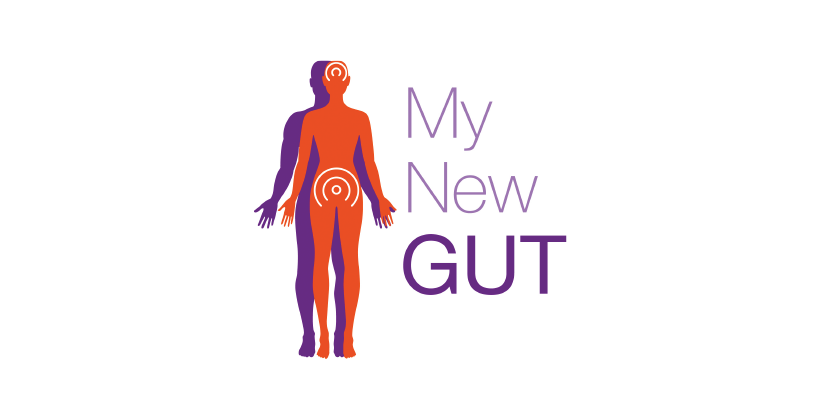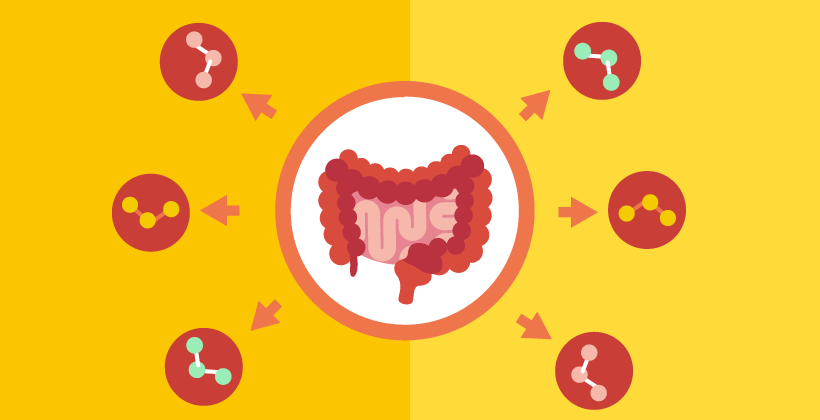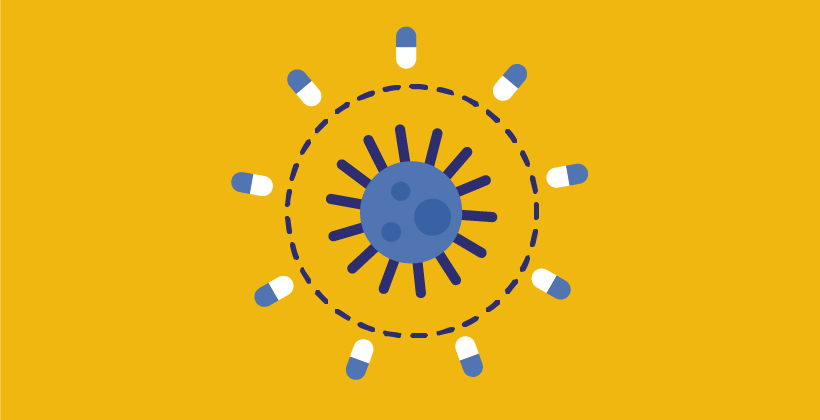EU-funded project looks at gut microbiome’s influence on health and well-being (MyNewGut)
Last Updated : 01 June 2014Gut microbiota and health
Currently there is a lack of detailed understanding of the role of the gut microbiome in health and well-being. In-depth knowledge of the gut microbiome could lead to the development of dietary interventions, allowing more control of the functions of the gut microbiome, preventing diet-related and behavioural disorders.
The gut microbiota is the population of microbes living in the human intestines. A large body of evidence supports the notion that the gut microbiota and its genome (the microbiome) play a role in human development and physiology. Microbiome-related functions depend on many lifestyle factors which in turn help to determine a person’s health status and their risk of developing diet- and brain-related disorders. These factors include a person’s diet, eating habits and even the method of how a baby is delivered at birth, etc. – age and gender features also play their part. These factors may influence the communication and function of the gut, brain and peripheral tissues such as in the liver, pancreas and adipose tissue (body fat).
Aims of the MyNewGut project
The MyNewGut project (http://www.mynewgut.eu) will make the findings from basic human microbiome science useful for promoting healthier lifestyles to the public. This is a five-year project that started in December 2013. MyNewGut will address questions regarding the role and impact of the microbiome on human health in four main areas:
- Investigating the role of the gut microbiome and its specific components in nutrient metabolism and energy balance.
- Understanding the influence of environmental factors on the gut microbiome, in pregnancy and during a baby’s development, and its impact on brain, immune system and metabolic health.
- Identifying specific gut microbiome components and associated metabolic functions that contribute to and predict obesity, eating disorders and co-morbidities.
- Developing new food ingredients and food prototypes, by collaborating with EU food industry, that target the gut ecosystem and contribute to reducing the risks of metabolic- and brain-related disorders.
The MyNewGut project will achieve its aims by undertaking tightly controlled epidemiological (that look at the incidence and distribution of disease in a population) and human intervention studies (that test the effectiveness of specific treatments or preventive measures). Large-scale technologies and computational techniques will also be used. This will enhance understanding of the extent to which gut microbiota and gut microbiome are modified by diet.
Anticipated outcomes of MyNewGut research
The MyNewGut project is focused on providing strong scientific evidence of the role of the gut microbiome in the development and function of brain, gut and peripheral tissues. The outcomes of the project fall into three categories: enhancing scientific knowledge, enhancing public health recommendations and improving industrial innovation and competitiveness.
MyNewGut plans to enhance scientific knowledge by defining the components and metabolites of the gut microbiome, which regulate metabolism of consumed foods and energy balance. The project will also study interactions between the gut microbiome, the human body and lifestyle factors that influence the risk of diet-related disorders such as obesity and behavioural disorders. The impact of gut and brain interactions in childhood and adulthood will also be explored. This robust scientific evidence and knowledge will enhance public-health recommendations.
Furthermore, the knowledge gained from the project will be used to produce new food products and ingredients with potential benefits to consumers’ health and the generation of scientific data will support industrial innovation, contributing to health claims substantiation.
The MyNewGut consortium
The MyNewGut project is a multidisciplinary research consortium, comprising 30 partners from 15 countries and is led by Prof. Yolanda Sanz of the Spanish National Research Council (CSIC). The project brings together experts in brain research, computational modelling, immunology, microbiology, nutrition, physiology, and omics-technologies, such as metagenomics and metabolomics, from EU and non-EU countries.
The MyNewGut project (Microbiome's influence on energy balance and brain development/function put into action to tackle diet-related diseases and behaviour) has received funding from the European Union’s Seventh Framework Programme for research, technological development and demonstration. Grant Agreement no: 613979.
Further information
The role of gut microorganisms in human health, EUFIC Food Today n° 89






